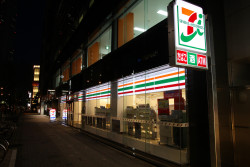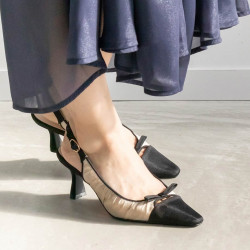
Originally published on metropolis.co.jp on August 2011

Growing up in London, Maya Jane Coles was exposed to the ferment of the city’s world-beating club scene. But she never forgot her Japanese roots.
“My mum is originally from Osaka but moved to London in her 20s,” she says by email. “I’ve been lucky enough to visit every couple years of my life so it’s like my second home. I grew up with my mum speaking to me in Japanese and my dad speaking to me in English so I’m really lucky to have both languages and cultures within me.”
Coles’ roots may be in England and Japan, but her music speaks the worldwide language of house and techno. Since her 2010 single “What They Say” exploded, the DJ’s productions—classically framed tech-house with sparse vocal and keyboard samples—have been heard at the likes of Fabric and Glastonbury.
“I was lucky to be surrounded by musicians and other creative people from a young age,” she says about her upbringing. “Having access to a couple of charity-based studios for young people meant that I could spend all my free time using equipment that I might not have otherwise had access to. When I was 15, I taught myself how to use Cubase and started writing my own stuff. Production was always what I wanted to pursue first.”
With tracks out on key house labels like Mobilee and Defected, Coles is now putting her energies into her forthcoming debut album, which she says will combine a range of styles and even feature her own vocals. “That’s the main focus for me right now,” she says. “I’m also starting to produce for a few other bands and singers. That’s something I’ve wanted to get into in the long run.”
Not restricting herself to the role of the solitary producer, Coles also forms one half of live bass-music duo She Is Danger, a collaboration with singer Lena Cullen. She’s enthusiastic about what she calls the current fertile state of the electronic music world. “I love the fact that there are so many different scenes within dance music and genres are constantly evolving,” she says. “There’s always fresh talent emerging with less rules and boundaries.”
It’s not without its negatives though. “One downside for me when I got into dance music,” she recalls, “was the realization that a large number of ‘producers’ don’t actually produce the music that is released under their name.”
Warehouse 702, Aug 20 (listing).







